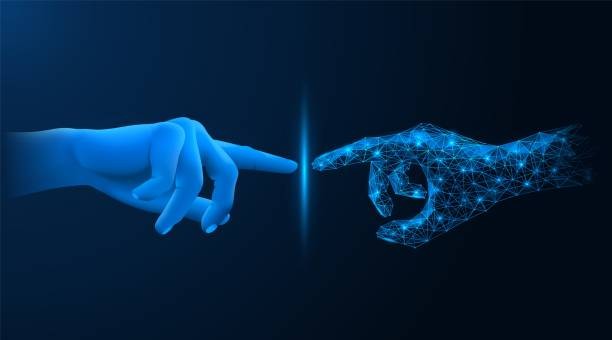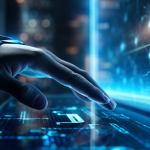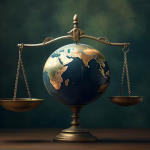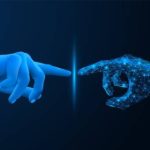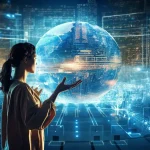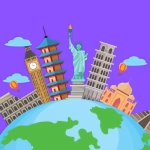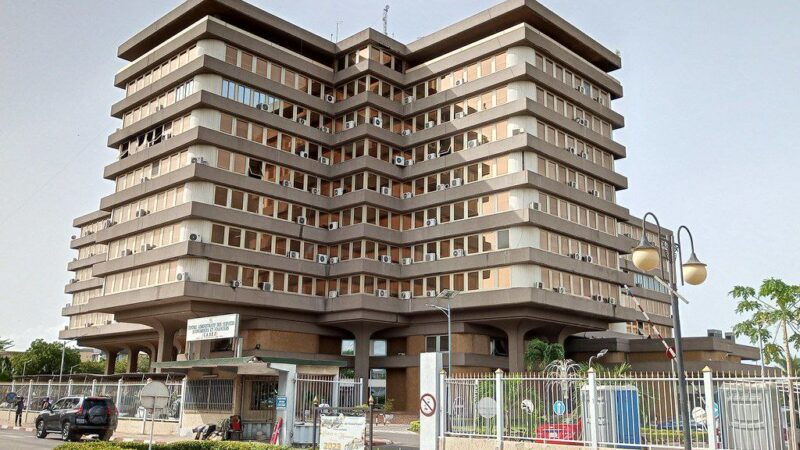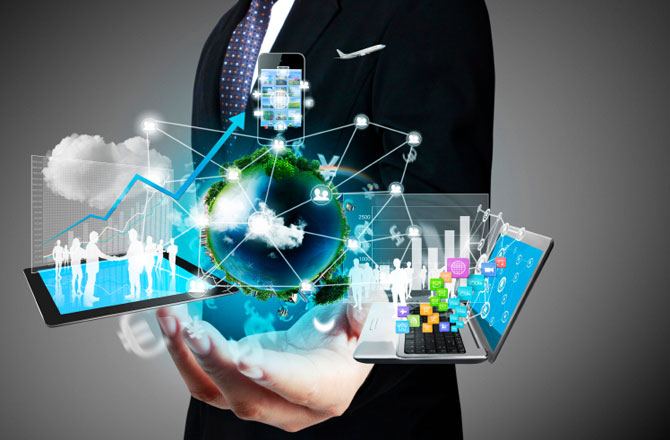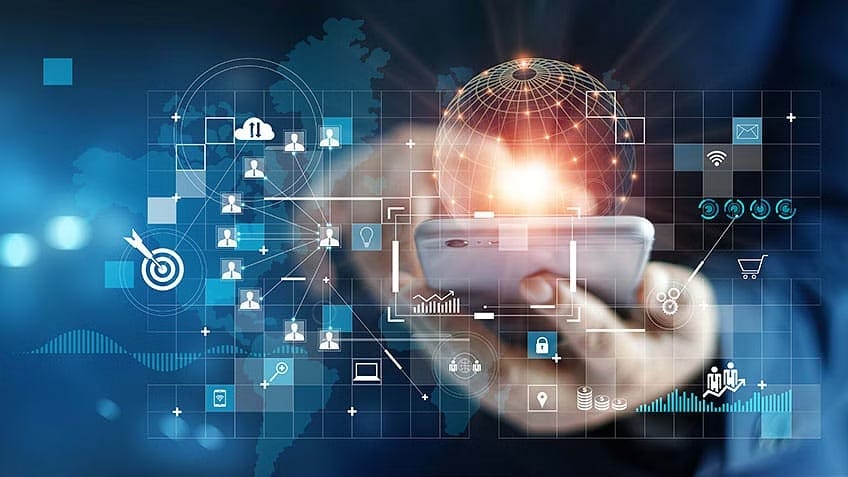Introduction
Human civilization stands at the edge of a new renaissance — not of art and literature, but of technology, thought, and connectivity. Artificial intelligence, global diplomacy, and celebrity influence are merging in ways never seen before. This fusion is redefining how societies communicate, how governments function, and how individuals perceive the world.
The 21st century’s true revolution isn’t just digital — it’s cultural and ideological. The question is no longer whether technology will shape humanity, but whether humanity can keep up.
AI and the Evolution of Global Power
Artificial intelligence has become the most powerful force of the 21st century, influencing military decisions, business strategies, and even election outcomes. Nations now compete for AI dominance just as they once did for nuclear power. Countries like the United States, China, and India are investing billions into AI research to secure technological superiority.
Yet, this race is not without consequences. Concerns about job displacement, algorithmic bias, and the weaponization of AI are growing louder. As automation replaces traditional roles, global leaders must navigate a delicate balance — embracing innovation while protecting human livelihoods.
Celebrities as Architects of Awareness
Once confined to entertainment, celebrities have emerged as global influencers shaping public opinion and international policy discussions. Taylor Swift’s political statements, Elon Musk’s tech advocacy, and Leonardo DiCaprio’s environmental activism are reshaping what fame means. No longer mere entertainers, today’s stars are seen as change-makers.
They use digital platforms to mobilize millions toward causes such as climate justice, gender equality, and AI regulation. While some criticize celebrity activism as superficial, its undeniable reach continues to transform online discourse into tangible social action.
Technology’s Impact on Global Politics
The intersection of politics and technology has created an entirely new form of governance. Governments depend on social media to connect with citizens, track public sentiment, and even monitor potential unrest. However, this digital transparency comes with risks — hacking, misinformation, and manipulation of electoral systems.
Political campaigns now rely heavily on algorithms that predict voter behavior, sometimes crossing ethical lines. The delicate question facing modern democracies is how to maintain fairness in a world where data can decide elections.
The Role of Innovation in Diplomacy
Technological innovation is reshaping international relations faster than diplomacy can adapt. Countries are using data-sharing partnerships, cybersecurity pacts, and digital defense strategies to strengthen alliances. For instance, quantum computing and AI-assisted communication have become tools of negotiation and national security.
In the future, wars may be fought less with physical weapons and more with cyber tools and economic sanctions. Diplomacy must evolve from the boardroom to the server room — where real global power now resides.
Pop Culture as a Political Catalyst
In an interconnected world, pop culture is no longer just entertainment — it’s political commentary. Music, film, and fashion are shaping narratives on justice, freedom, and identity. Movies like “Oppenheimer” and “Barbie” have sparked conversations about gender, innovation, and global ethics. Social platforms like TikTok and X (formerly Twitter) amplify these dialogues, turning viral trends into social revolutions.
Politicians, too, now rely on pop culture to remain relevant, using memes, influencers, and digital aesthetics to connect with younger generations. In essence, pop culture has become the new public square for political debate.
Economic Power Shifts and Digital Wealth
The digital economy is redistributing global power in ways that echo the industrial revolution. Cryptocurrency, remote work, and tech entrepreneurship are redefining wealth creation. Traditional industries struggle to keep pace with innovation-driven markets. Meanwhile, countries that embrace technology are pulling ahead, leaving others behind.
This widening gap threatens to create new economic hierarchies unless global leaders promote inclusive digital access. As the world transitions to an AI-led economy, digital literacy is emerging as the new measure of national strength.
Ethics, Media, and the Responsibility of Influence
In a world driven by digital influence, ethics have become the backbone of credibility. Deepfakes, misinformation, and digital manipulation are eroding public trust. Celebrities and politicians face the challenge of proving authenticity in an age where anything can be fabricated.
Media organizations are racing to fact-check in real time, but the flood of false narratives remains overwhelming. Technology may amplify voices, but without integrity, it risks turning communication into chaos. The future of media depends not on speed, but on truth and transparency.
FAQs
How does AI influence global politics?
AI tools now assist in surveillance, strategy, and public opinion analysis, giving governments an edge in decision-making and policy formation.
Why are celebrities becoming politically active?
Celebrities use their platforms to promote global causes, influencing youth and policymakers by combining visibility with advocacy.
Is technology replacing traditional diplomacy?
Not entirely, but it’s transforming it. Digital negotiations, cybersecurity alliances, and virtual summits are now standard diplomatic practices.
Can pop culture really change political outcomes?
Yes — films, music, and social media movements influence voter sentiment and public priorities, often steering national conversations.
What’s the biggest ethical issue in today’s tech-driven world?
The manipulation of information through AI-generated content and the erosion of trust in authentic communication.
Conclusion
We are witnessing a renaissance not of art, but of ideas — one where technology, celebrity, and politics form the pillars of influence. Humanity’s greatest innovations are no longer physical machines, but networks of thought, collaboration, and awareness. The boundaries between power and popularity have faded, giving rise to a new social hierarchy based on visibility and connectivity.
As the world races toward a digital future, the challenge will be to keep human values intact. The next great leaders may not be politicians or scientists but individuals who can balance empathy with innovation. In this emerging global narrative, progress will be defined not only by what we create but by how responsibly we use it.



